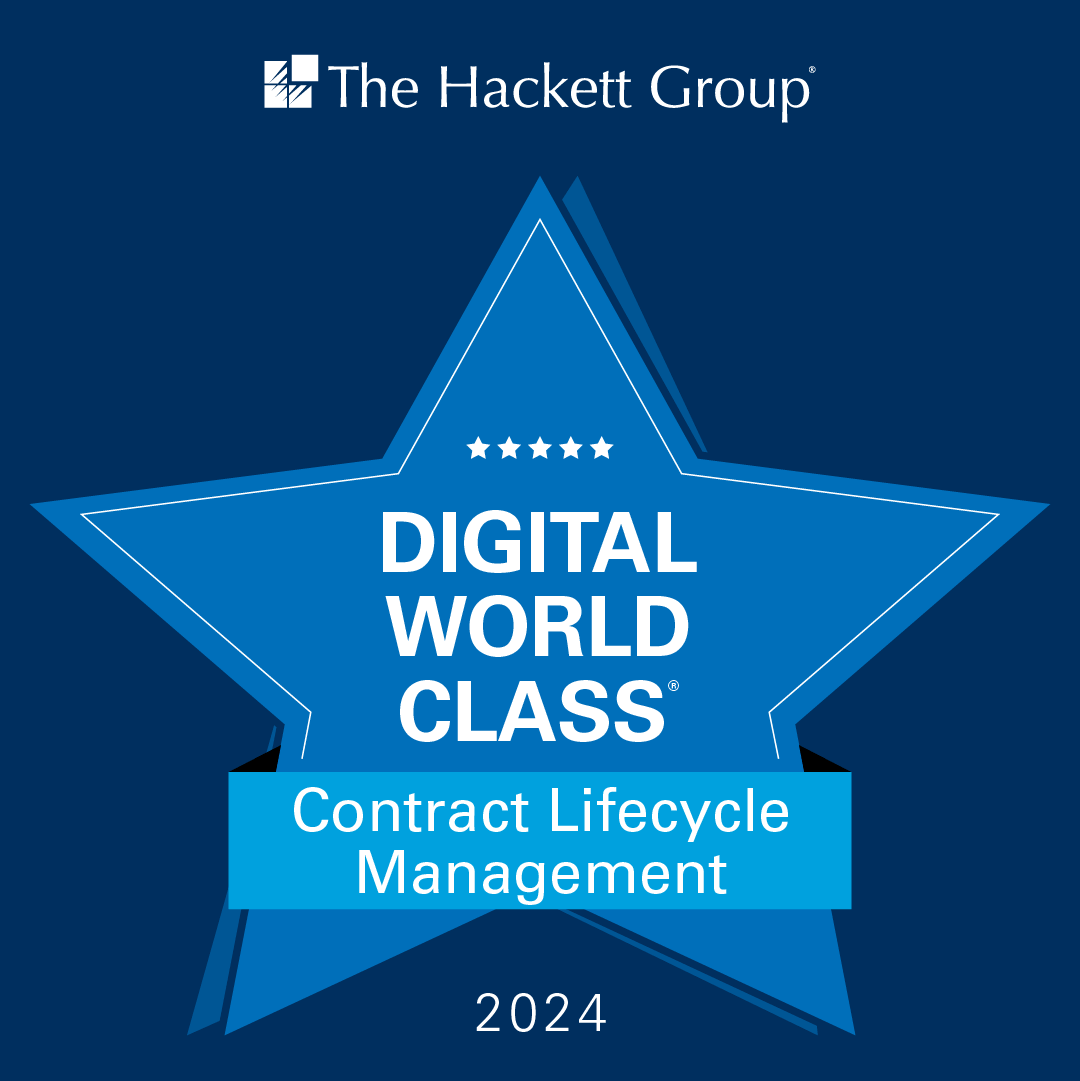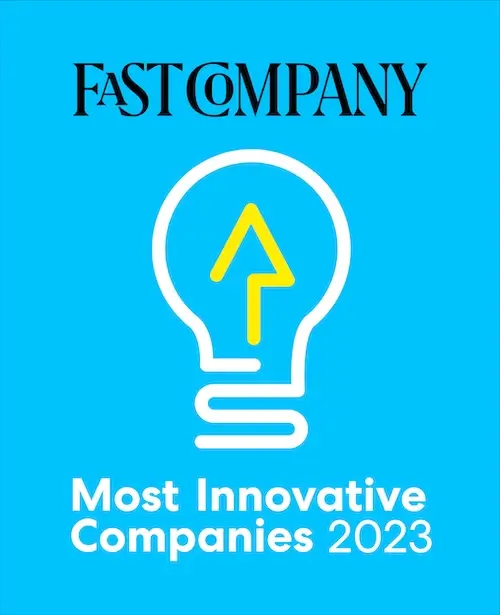First and foremost, congratulations to the Cosmonaut team for the inaugural Future Lawyer Week in New York this past week! An intimate group of firms, in-house legal counsel and vendors came together to look into the future of law.
ERA OF DEEPFAKES & ETHICS
U.S. Army Brigadier General Patrick Huston, Assistant Judge Advocate, opened the summit with a tale of things to come. Brigadier General Huston pointed to five trends affecting the legal profession today:
Future of Law: AI
Paradigm Shift: Military First – to Business First Future Lawyer Week 2019
Deep Fakes
Ethics
Human & Machine Teaming
ARTIFICIAL INTELLIGENCE TRENDS
AI dominates the talk tracks these days, and certainly, Future Lawyer Week was no different. A key point is that early adopters will reap the greatest rewards on this front. That includes lawyers both at law firms and within corporations, such as in-house counsel. Naturally, the military complex is using AI intensively. But, there are examples of judges using AI to assess recidivism risk in criminals applying for parole, helping assess guilt, and aiding in contract reviews. Although the example of contract reviews show 95% accuracy for the AI, compared to 85% accuracy for humans -the big factor here is speed. Humans took 92 minutes against the AI’s speed of 26 seconds.
PARADIGM SHIFT
Brigadier General Huston pointed out that the military has historically been first to use, develop, and lead with technology. But, this is changing. Commercial sectors are often developing faster today, than the military-specific research houses. Today’s military is in fact often looking to businesses for innovation. They will often cherry-pick technologies that can be made more robust, and applied cost-effectively.
A key message is that if the military can change this historic attitude, certainly the legal reluctance to adopt technology must change as well.
DEEP FAKES
Hollywood’s development of deepfake tech, has been fascinating, and wildly entertaining. Used in movies like Star Wars, Terminator: Dark Fate, and Gemini Man – the effects are spectacular. Yet they are also deeply troubling. A recent deepfake using voice replication technology successfully scammed a European giant of $200k Euros.
Notable will be the deepfakes that will start to show up as evidence on trials. Deepfake detection technologies will be the next big thing – to help lawyers and the world. This is definitely needed. It will ensure this new technology does not cause social disruption and even political imbalances. Future Lawyer Week Discussion
ETHICS
The law states what cannot be done. Ethics defines what should and should not be done. You might argue that it is often shown little interest. Yet, ethics is a growing concern. Most notable was the declaration by 181 CEO’s about how they must reach beyond profits alone. Their declaration grabbed headlines stating that profit is no longer the only priority of today’s corporation. An interesting related read is HBRs discussion: 181 Top CEOs Have Realized Companies Need a Purpose Beyond Profit.
Companies like Google, Microsoft, IBM, and others are driving the adoption of ethical standards in AI technology. This is certainly also the case within the military.
HUMAN & MACHINE TEAMING
Perhaps the most important aspect of Brigadier General Huston’s discussion at Future Lawyer Week is the discussion about humans and machines teaming up. Humans are better at ambiguous, difficult, unique, and often divergent topics. People take initiative. They figure out creative approaches to challenging issues. Machines – including AI are better at repetitive, and standardized problems and approaches. AI is great at looking through millions/billions of photos to identify the cats in each photo. Better yet, they outperform humans at reviewing MRI scans and X-Rays to detect early growth tumors. Perhaps they might be helpful at scanning court cases in seek out erroneous rulings, deception, and jury bias.
But, on the most challenging of problems, the right combination has been that of using human resources augmented by the power of artificial intelligence. In fact, teams like these are outperforming the machine-only, and human-only teams.
A brilliant example is that of contract lifecycle management (CLM). ContractPodAi uses AI built on the IBM Platform, to review contracts, highlight risks, scan for anomalies, and improve consistency for corporations. In the hands of a good legal operations team, it allows a good division of labor. It lets the attorneys focus on high value add tasks, leaving the more standard challenges to the non-attorneys equipped with the powerful AI-enhanced CLM.
OTHER TOPICS OF INTEREST
Emily Foges, CEO of Luminance discussed the important economics of AI. The explosion of data is affecting the industry of law. However, fast adoption of AI technologies has come down to the low price point for the value it delivers, and the sheer need to keep up.
Jan van Hoecke discusses how documents are no longer sent to archaic systems to die (or get irretrievably lost). Notable was Van Hoecke’s assertion that “software is not eating the world… it is actually automation that is eating the world!”
BUILD OR BUY PANEL
Build or Buy has been a discussion long held by many IT organizations. Just because you CAN build a legal software product for yourself does NOT mean you should. A panelist here pointed out that AI often seems easy enough to build. But, making it effective – is NOT easy. Another important realization is that for either decision, often companies forget or omit the user from the equation. That’s NOT OK. Lawyers, contract manager, legal operations, and even other users within the company must be consulted on any major initiative, like a new CLM system.
Samir Bakhur, Managing Associate, Orrick, Herrington & Sutcliffe pointed out that, “the problem is often the building process itself. There are lots of things that will go wrong. Do you have the resources to fix them when they do go wrong?”
Also notable was a point made by White & Case: “It’s important to know what you can do. Do it well. It’s also important to know what you can’t do. For this, bring in an expert to do this part.”
SO, DOES SIZE MATTER IN AI?
Thanks go out to the panelists on our own panel session at Future Lawyer Week. We tried to keep the discussion dynamic, energizing, and on topic. There were good balanced perspectives brought forward by the panelists and panel chair (me):
Charles Dimov, VP Marketing, ContractPodAi (Panel Chair)
Jason Brennan, President – Americas, Luminance
Andrew P. Mederiros, Director of Practice Solutions, Pepper Hamilton LLP
Steven M. Hoffberg, Of Counsel, Tully Rinckey PLLC
Greg Rabin, Senior Patent Attorney, Schwegman Lundberg & Woessner P.A.
Jan Van Hoecke, VP of Engineering, iManage
Although we did not record the entire panel discussion, we did capture this clip and a few more are on our LinkedIn. Let us know what you think about the commentary from our panelists!
FUTURE LAWYER WEEK 2019
Future Lawyer Week in New York this year was a good set of topics to get our legal profession thinking about the future of the business. And, legal is ultimately an important part of all businesses. Future Lawyer Week set our sights on the future horizon and an important place to keep our focus.
CHECK OUT SOME MORE PHOTOS FROM THE EVENT!

Author:

Charles Dimov
Connect with us on Linkedin









